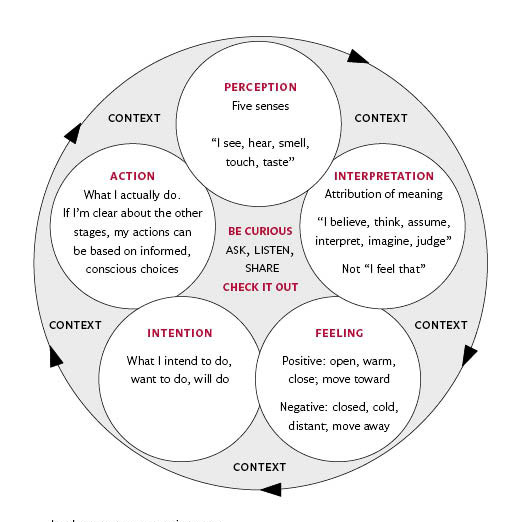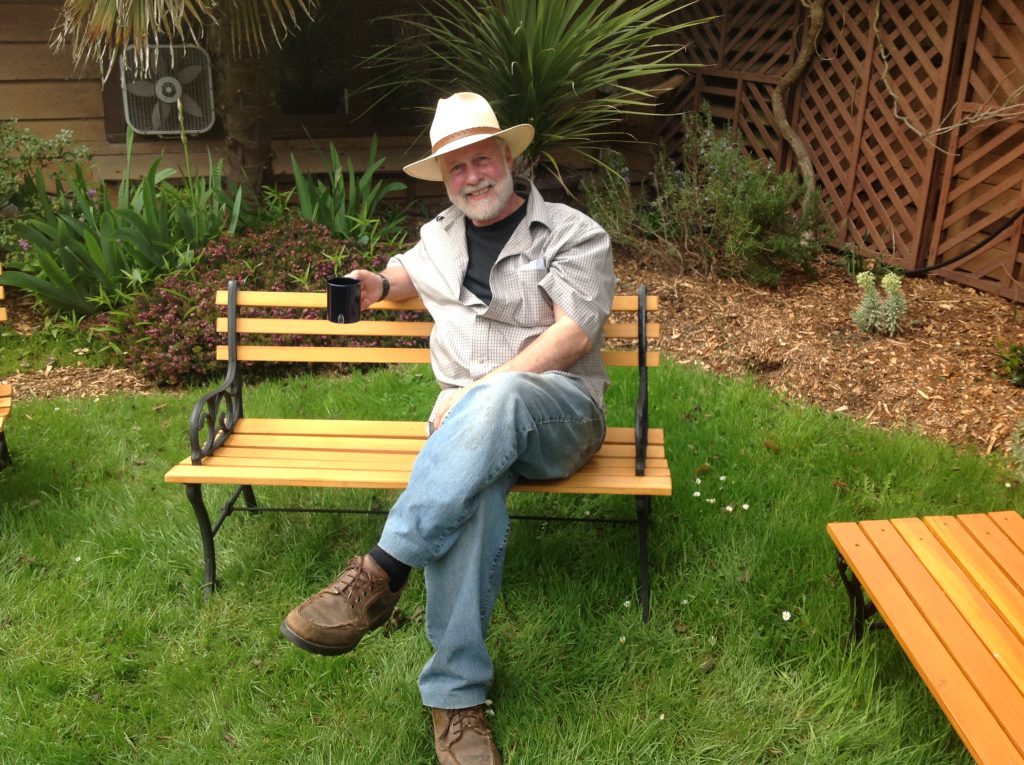A Student’s Reflection on the Communication Model
By Emily G
After twelve years of being in school, I’ve realized that very few things we are taught are actually relevant in my life. I’ve spent countless nights studying for a Biology test, memorizing hundreds of key terms, only to forget them all by the following week. And it’s not like I’m very passionate about quadratic equations either.
Going through school, I was convinced that everything I was being taught was completely useless. Nothing sparked my interest, and I’ve rarely applied what I’ve learned to my everyday life.
Except for one thing.
The Communication Model was taught to me in 2014, when I took Ms. Foster’s Psychology 11 class. To be honest, I figured it was like all those other things you learn in school. You’ll study it and perfect it until the exam, then forget everything you know about it soon after that. The thing is, there was no exam and it wasn’t something you could study for or perfect.
The first time I used the Communication Model fully wasn’t until this school year when our school drama club was staying late to work on the production. We were painting sets, running lines and such. When we are getting close to the show date, we usually stay pretty late. It was around 6pm when one of our actors asked if she could leave. Others explained to her that if she left then, before the work was finished, and before everyone else left , then she wasn’t exactly being supportive of the team.
At that point she had already called her mum to pick her up. When her mum arrived, our actor told her mum that if she left, she was going to be kicked out. I tell you, I’ve never seen a woman’s face turn that red before. She was yelling and screaming at the teacher and a few students about how unfair it was to keep kids at school so late, and how she shouldn’t be kicked out for needing to leave.
I walked into the room in the middle of a screaming match between the drama students and the parent. It was quite “intense” and all I could do was observe. Don’t get me wrong, it was pretty entertaining, but I knew that this conflict could have easily been avoided.
Once the parent left, the students and the teacher were still quite enraged. Someone had to calm them down before they all got into a fight with one another.
Without even realizing it, I jumped into talking about the Communication Model, explaining how the situation would have gone if the Communication Model had been used.
I told them that we didn’t know what had happened to the parent before she had walked into the school. We didn’t know the Context behind why she acted the way she did. She could have had a really big fight with her boss or her car could have broken down. There could have been a completely different reason that caused her to lash out at everyone.
We also should have separated our Perceptions from our Interpretations of the situation. Everyone was probably taking what another person was saying, and turning into something different than what was intended. We all perceive the world differently, so although it may be difficult, we have to look at things from someone else’s point of view.
Explaining this all to the group caused everyone to calm down and realize that it was all just a big misunderstanding. The student who left early wasn’t kicked out of the drama club, and there weren’t any arguments with that parent again. I am truly thankful that I learned about the Communication Model. It is definitely a tool I will use in the future.






